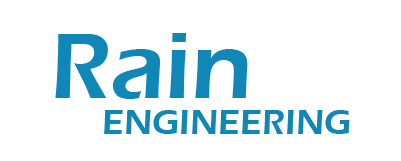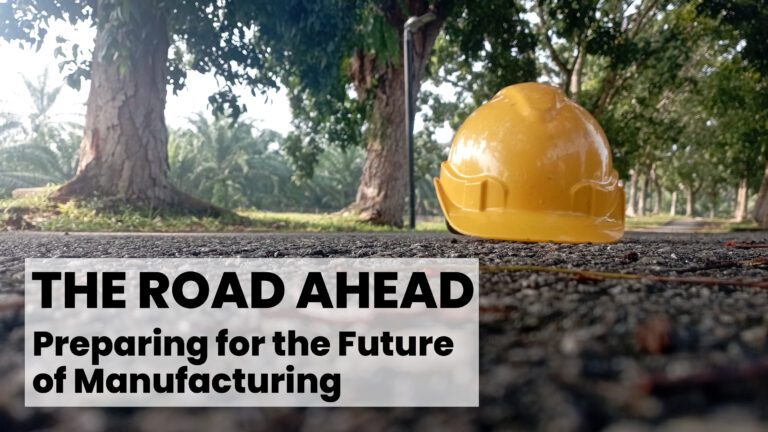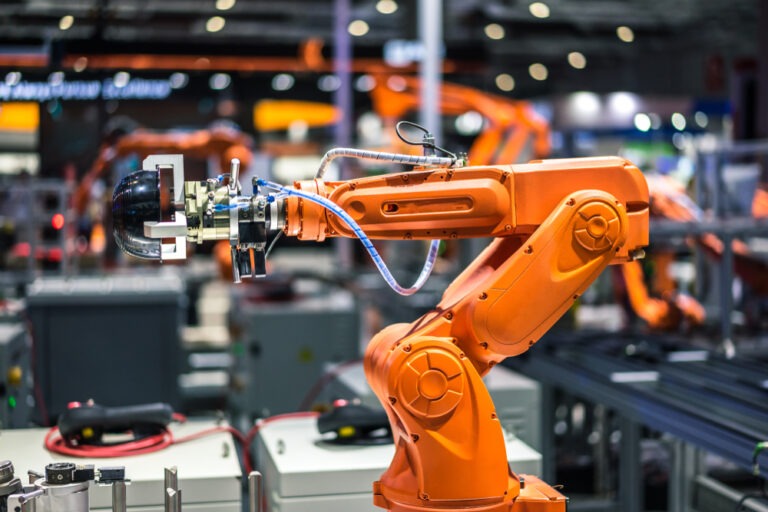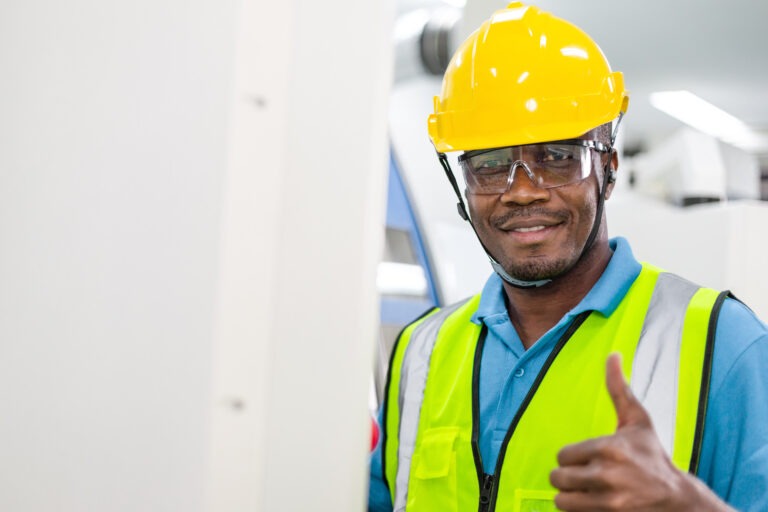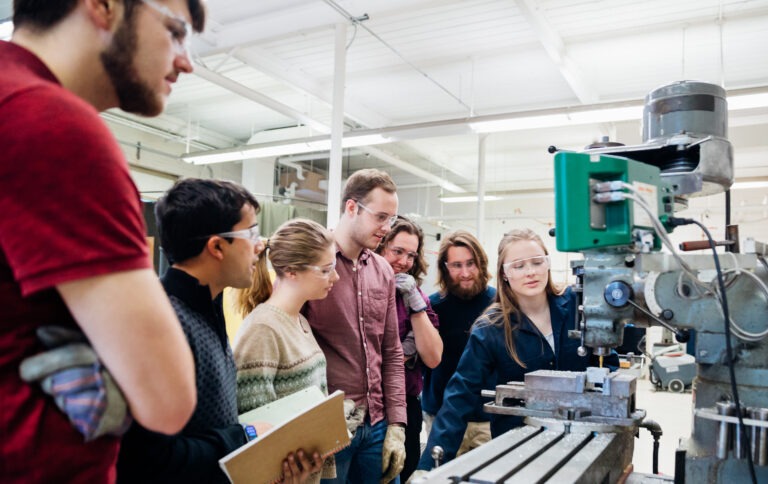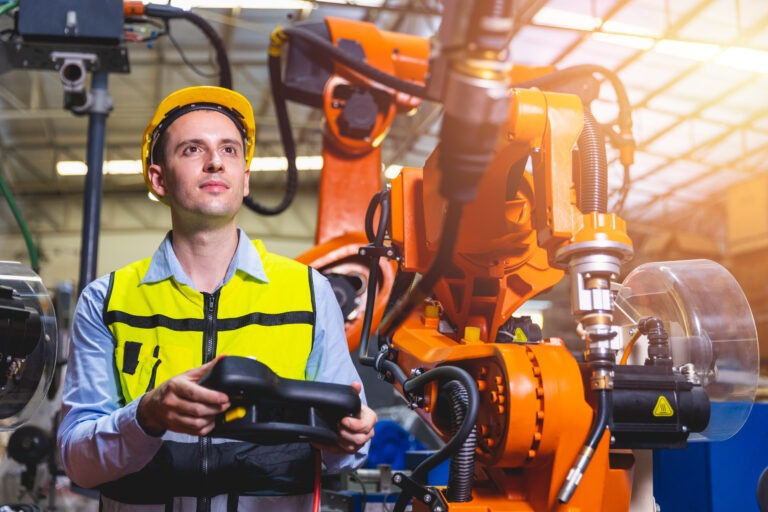Today, manufacturers that invest in training and education are working to position themselves for success in the days ahead.
While some implement internal upskilling programs, helping employees transition from purely hands-on work to roles that blend manual expertise with digital literacy, others partner with technical schools and universities, ensuring that the next generation of workers has exposure to the technologies driving Industry 4.0.
Yet, despite such advances in automation, manufacturing will always require skilled people to manage, innovate, and problem-solve.
For instance, over the course of the past few years, global supply chain disruptions have forced manufacturers to rethink their reliance on just-in-time production models.
To help combat such issues, companies are now looking at reshoring production, using advanced analytics to predict demand fluctuations, and implementing flexible manufacturing techniques to quickly pivot when disruptions occur.
These strategies require a workforce that not only understands traditional manufacturing but can also interpret data trends, work with cloud-based systems, and optimize processes in real-time.
Another major factor shaping the future of manufacturing is sustainability.
Regulations and consumer demand are pushing manufacturers to adopt greener practices, from reducing waste and energy consumption to using eco-friendly materials.
This shift is driving innovations such as additive manufacturing (3D printing), which minimizes material waste, and the circular economy model, where products are designed for longevity and recyclability.
Employees who understand sustainability practices will be invaluable as manufacturers look to meet environmental goals while maintaining profitability.
Overall, the future isn’t about robots replacing workers—it’s about workers who understand how to leverage technology to improve efficiency, reduce waste, and create higher-quality products, leading to a much-changed work environment.

